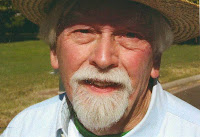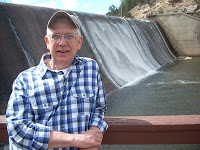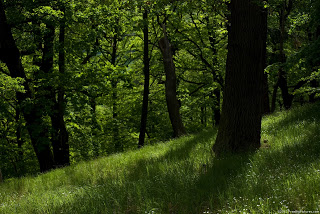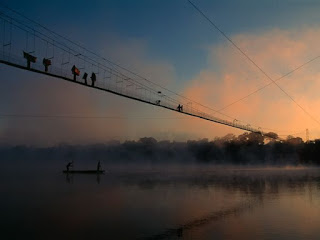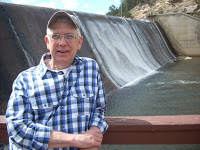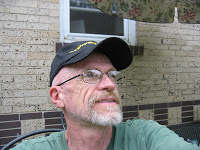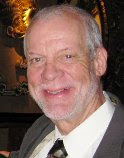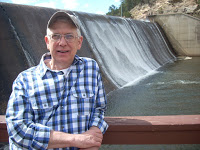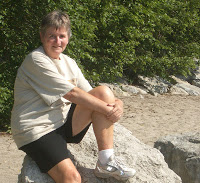Ever since I was old enough to reason, or maybe un-reason, my person has been split right down the middle. Picture an amorphous form waiting to take its shape of the character in this scene or act of the particular time in my life of this play. It is like going onstage when you hear your cue, sort of sink or swim, and you keep looking for direction and there isn’t any. Then a lot of directors appear, the play becomes complicated, and the form becomes an enigma.
In another scene there develops the discovery of the body and other like bodies. At this time it is taken for granted; no awareness of the condition except it is pleasurable and fun. (Boys will be boys.) It will be in another scene when labels appear—like pansy and sissy. “Queer” wasn’t a popular term at this time.
All the while the other side of this split enigma was craftily shaped into an acceptable heterosexual form. The deep seated need to fit in and be like everyone else took over and a fully, if not flawed, developed actor emerged on the stage. If there was any conflict burdening this act, it was sufficiently ignored so as to successfully convince this actor and his companions that he was a he. There never was an option if you had to play this role.
The big scene (known as chewing the scenery in theater talk) came when the subjugated enigma half rises in protest, and we see the two halves shouting at each other. The straight one screams, “I don’t want to be gay!” The gay half waits patiently through this anguished tantrum until his accomplice, Eros, rears his head.
All the while a play within a play has been unfolding. Everyone goes to college, everyone has a sweetheart—hetero that is. Every sweetheart finally secures an invitation to matrimony. The act and actors are quite convincing. It is all going well according to the traditional storyline, even to the advent of the securing or arrival of an heir and heiress.
Meanwhile Hetero and Homo carry on their secret conspiracy, and the act progresses. The final act or death scene arrives for the actor playing the role of the long-suffering wife.
According to tradition there is a play script for how to get into the sincere role and character of the bereaved.
If you look closely, the enigma halves have started to merge. Still, as a result of living a lifetime of the many roles this show has required, there remains a deep resentment from having had the guilt tacked on to the charade that this bit of theatre produced.
For a curtain call at the end of this drama, a person has emerged onstage to declare, “I am me.” I celebrate my gay place in its entire acceptance knowing that it is my life and not the lives of all those other characters I tried to fit into.
It has been a long, tedious story to relate, the play filled with regrets and joys, but the best result in this script is finally being able to be me. Like it or not!
© 21 December 2015
